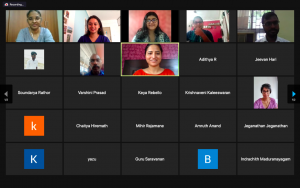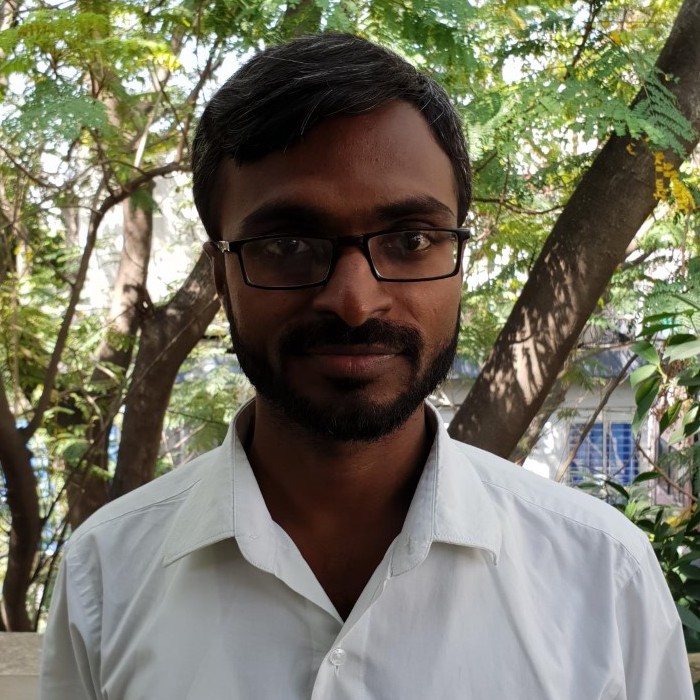
On 19th September 2021, the Centre for Law and Policy Research (CLPR) conducted a workshop for Civil Society Organisations (CSOs) from Tamil Nadu on Prohibition of Employment as Manual Scavengers and their Rehabilitation Act (PEMSRA) 2013 and the Rules.
The workshop was organised in the course of our efforts to work towards better implementation of the laws around prevalence of manual scavenging and rehabilitation of manual scavengers and prevalence of caste discrimination in India. The objective behind the workshop was to increase the engagement of CSOs with the PEMSRA.
The workshop had two sessions: the first gave an overview of the PEMSRA; the second dealt with practical challenges to the implementation of the PEMSRA. The expert speakers included Almas Shaikh, Human Rights Lawyer, C Prabhu, Advocate & Equality Fellow, CLPR, Deepthi Sukumar, Safai Karamchari Andolan, and P.Susheendira, Social Activist & Research Scholar.
Session I: An Overview of the Prohibition of Employment as Manual Scavengers and their Rehabilitation Act, 2013 and the Rules
Almas Shaikh and C Prabhu led this session. Almas explained the concepts of manual scavenging and insanitary latrines as defined under the PEMSRA Act. She examined the provisions on identification of insanitary latrines and manual scavengers, and the duties of local authorities. She also explained provisions that cover rehabilitation of manual scavengers and their family members.
Prabhu took the session on the Rules of PEMSRA 2013. He elaborated the obligations of District and State Level Survey Committee to conduct the survey of manual scavengers and insanitary latrines. He explained the Rules that mandate employers to maintain precautionary and safety measures prior to the cleaning of septic tanks and manholes. These include the use of proper devices, equipment and machines for ensuring employees’ safety. He concluded by noting that the police can often be hesitant to book offences under the PEMSRA. Hence, the police and local authorities should be sensitised about the Act and the Rules.
Session II: Challenges in the Implementation of the Law
Ms. Deepthi Sukumar and P. Susheendira led this session. Deepthi first highlighted the impact of caste. She noted that people from particular castes are compelled to engage in manual scavenging even though it is prohibited under PEMSRA. She noted that till date no identification survey, as mandated by the Act, has been conducted in rural Tamil Nadu. The authorities show a lackadaisical approach to this survey. In fact, the Government even failed to recognise the actual figures of manual scavengers who died while cleaning septic tank. She concluded by saying that the persons engaged in this work must be the ones to protest the continuation of manual scavenging.
Susheendira highlighted how key PEMSRA provisions are not being implemented on the ground. She listed specific incidences of women engaged in manual scavenging in various parts of Tamil Nadu and how the work affects them. Like Deepthi, Susheendira also noted that it is often women from Scheduled Castes and Scheduled Tribes who are engaged in manual scavenging. The traditional mindset presumes that they are meant to do such activities. Especially during festivals, various parts of rural Tamil Nadu witness the employment of women as cleaners of dry latrines.
This was followed by a Q & A round with the audience. Questions were out forth regarding the role of local authorities, the safety equipment mandated by the Act and rehabilitation schemes. The experts answered these queries and shared their strategies for better implementation of the PEMSRA and the Rules.

